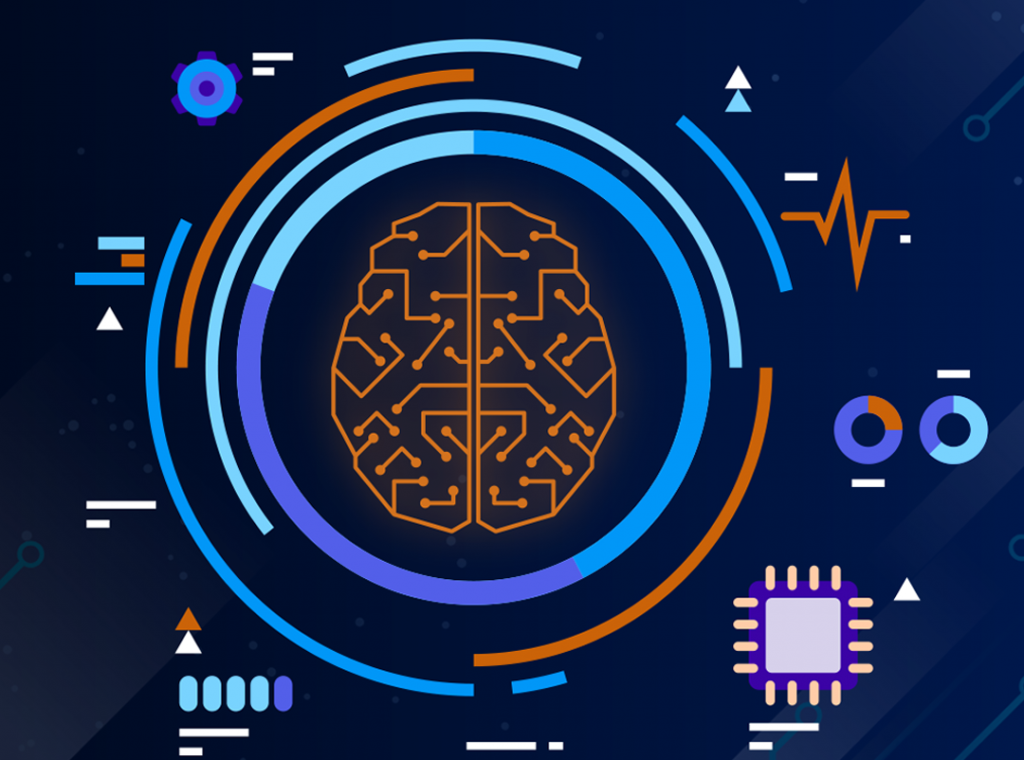Seamless Model Development and Deployment:
Azure Machine Learning simplifies the end-to-end process of developing and deploying machine learning models. With an intuitive drag-and-drop interface and support for popular programming languages such as Python and R, data scientists and developers can quickly create and experiment with models using a wide range of algorithms and frameworks. Azure Machine Learning also provides automated machine learning capabilities, which streamline the model selection and hyperparameter tuning process, making it accessible to users with varying levels of expertise.
Scalable and Reliable Infrastructure:
One of the major advantages of Azure Machine Learning is its integration with the broader Azure ecosystem. Organizations can leverage Azure’s powerful infrastructure and resources to train and deploy machine learning models at scale. Whether it’s utilizing Azure Virtual Machines for large-scale data processing or leveraging GPU-enabled instances for accelerated training, Azure Machine Learning provides the necessary computing power to handle demanding workloads. Additionally, Azure’s global footprint ensures high availability and reliability for deployed models, allowing businesses to scale seamlessly as their needs evolve.
